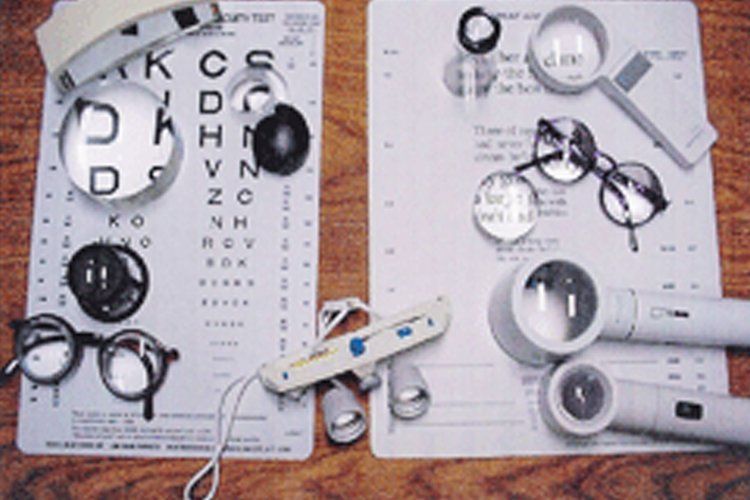Patients with visual impairment have more tools than
ever to help them stay active and independent.
Low Vision Treatment
Serving
Sewickley, Economy, Moon, Carnot, PA & Surrounding Areas
Low vision means having impaired vision that cannot be corrected by glasses, surgery or medication. It is also often referred to as visual impairment. The most common cause of low vision is macular degeneration, an age-related disease that affects the central portion of the visual field. Other common causes include glaucoma, stroke, cataracts, and diabetes.
Call us today at (412) 741-6776 to schedule a consultation with Dr. Lear.
Treatment
There is no cure for certain types of vision loss. Coping with reduced vision can be overwhelming and emotionally difficult. However, with time and effort you can adapt and use tools to learn ways to do activities and hobbies that are important to you or vital for your daily life.
Ophthalmology Associates of Osborne offers low vision evaluations, device demonstrations, education, and rehabilitation.
Dr. Lear has over 15 years of experience working with people with visual impairment and utilize the most advanced technologies and techniques. We have a range of optical, non-optical, electronic, and OCR equipment as well as community resources to help someone who is struggling with any type of visual impairment.

There are many Apps that can assist with viewing products while shopping, navigation, reading, and even connect you in real time with live volunteers to help complete tasks via "facetime".
"Our goal is to help a patient maintain his/her independence with things they enjoy doing to optimize quality of life," says Dr. Lear. "It can also relieve caregiver burden and reliance on family and friends. We invite you to bring relevant items from your home and equipment to the office to test with the various devices and see what works best with your goals. Bring your bills, mail, cards, medicine bottles, or any hobby items or collectables! Bring your family members, too! They are part of this adjustment/education process as much as the patient."
